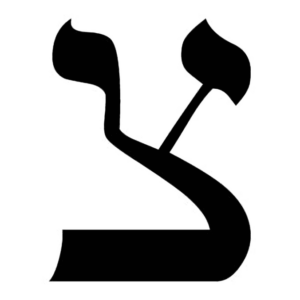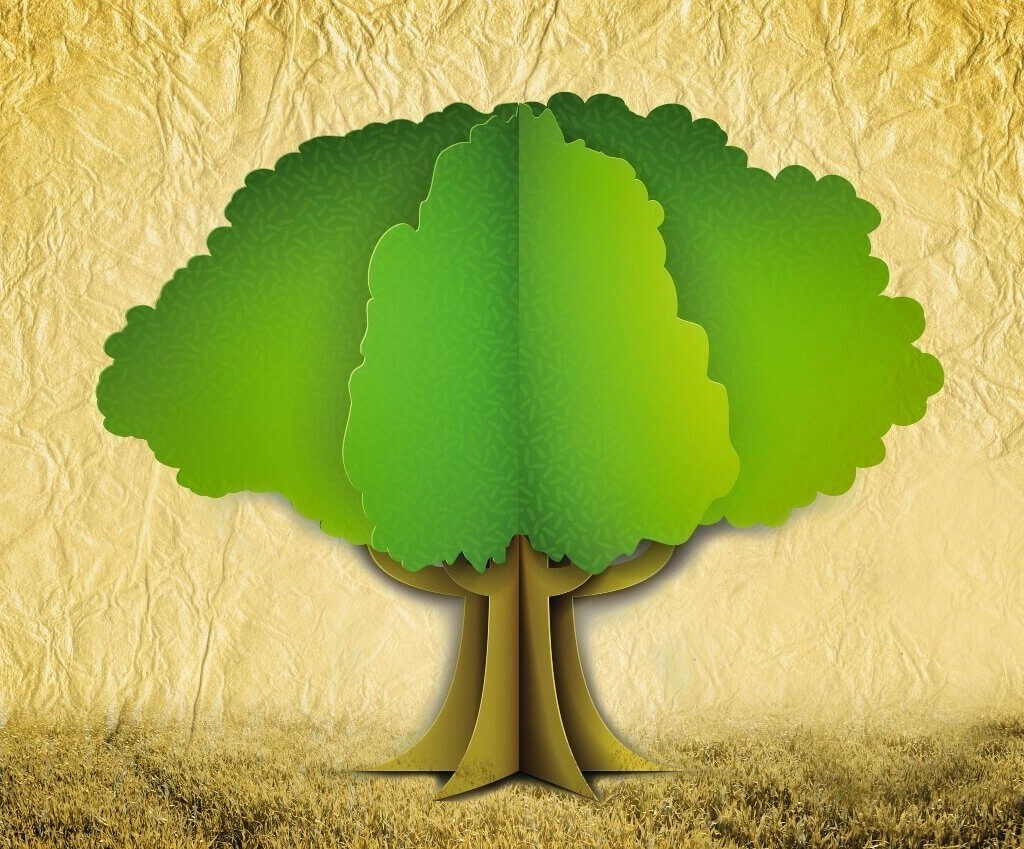The fifth month of the Hebrew calendar, Shevat marks the liberation of the Hebrews from Egyptian slavery. Shevat is also the eleventh month in the Bible’s list of months, which begins with Nisan.
The Month of Shevat — The Month of Trees
According to the Hillel school, the first of Shevat is observed as the “New Year of the Trees,” while the first of Shevat is observed according to the Shammai school.
To understand how to fulfill the mitzvot of maaser (the “tithe”, the fruits that blossom after this date are not included in the calculation of maaser along with those of the previous year) and orlah, the New Year of the Trees is the day from which the year is calculated according to the fruits of the trees (the fruits until the third year of the tree’s fruiting, which is forbidden).
The distribution of fruits, especially those of the seven species with which Israel has been blessed, is done to commemorate the occasion.
The mystery of Havai’ah is alluded to on the 15th day of the 11th month
The first two letters of God’s unfathomable name, iud and hei, which represent a higher level of hidden unity, add up to 15 and its last two letters add up to 11. The “Tree of Life,” a tree that grows in the month of Shevat, holds the entire secret of the name Havaiyah.
Lyrics: Tzadik

As it is written: “And the tzaddik is the foundation of the world”, the letter tzaddik represents the true tzaddik (“the righteous”). The personification of the Tree of Life in the Garden of Eden is the perfect Tzaddik of our time (whose trees correspond to the souls of the righteous).
The letter itself is in the form of a tree, especially the Tzaddik at the end, which symbolizes the future manifestation of the righteous in their true form.
The word for man in the Torah is etz hasadé, translated 474 = daat, the special quality of the man in general and of the Tzadik in particular. Daat is the power of “connection,” and the month of Shevat is the time to establish that connection with the true Tzaddik of the generation, the Tree of Life.
Mazal: “Deli” (aquarium, bucket, or pail)
This month marks the beginning of the New Year of the Trees, when the waters of the winter rains begin to rise in the veins of the trees, giving them new life.
The Hebrew word deli, which means “to lift,” as in the verse “My eyes are lifted to heaven,” symbolizes the general rising of the waters (when the ain – the eye – of Tevet rises to connect with the tzadik of Shevat, the root etz – tree – is formed).
According to the Baal Shem Tov, meeting a person carrying buckets of water is a sign of blessing. The true representation of the water bearer is the Tzadik.
The Torah is referred to as “water. The new year of Torah study can be intimated in this month. The waters of Shevat represent the sweet waters of Torah, for to eat the fruits of Shevat is to consume and assimilate the sweet fruits of Torah wisdom.
Tribe: Asher
Happiness and enjoyment are the meaning of this name. “From Asher comes the delicious [lit. fat] bread and he will provide the king’s delicacies,” said our patriarch Jacob in blessing Asher. It is clear that Asher represents taste and food.
The olive tree, which produces the priceless oil with which Asher’s portion of the land of Israel was blessed, is especially represented by Asher. The sixth of the seven species associated with Israel, the olive tree, represents the sefirah of Yesod, the “tzadik, the foundation of the world,” in Kabbalah.
The olive tree represents the powerful seed of the tzadik that will sustain and preserve the blessed souls of Israel for future generations.
Meaning: to eat, to taste (achilah, taam)
The tzaddik eats to satisfy his soul, it is said, but the stomach of the wicked is always unsatisfied. This is the correct meaning of eating, which is unique to him.
The spiritually inclined tzaddik feels “full” and is satisfied with little, while the physically inclined Rasha (wicked one) never feels “full”).
The divine sparks of light and life force found in the food that the tzaddik consumes by eating from the Tree of Life (the word “life” in the Torah means “pleasure”) bring him great joy.
He is constantly aware that “man does not live by bread alone, but by every word that proceeds from the mouth of God.
Shabbat is the day when eating brings the most joy. It is important to note that the word “seven” is related to the word “satisfy” [his soul], which alludes to the seventh day, Shabbat.
A true tzaddik enjoys Shabbat throughout the week (in the Zohar, the tzaddik is called Shabbat). Since the lingual letters tet and tav are phonetically equivalent, the word Shevat itself is changed to Shabbat.
Controlling Organ: The Stomach [and Esophagus] (etztomchah or kurkaván)
It is obvious how the stomach and the sense of taste (and eating) are related.
According to our sages, “the kurkavan grinds. Grinding is necessary for proper digestion. In order to release the sparks of the Divine Life Force that are trapped in the food, it is necessary to break up the coarse substance of the food into smaller pieces.
The stomach “tastes” the intimate essence of the food through “grinding,” which is similar to chewing in the mouth. The more external sense of taste and eating in the mouth are controlled by this internal, spiritual sense of taste.
With information from Gal Einai Institute





